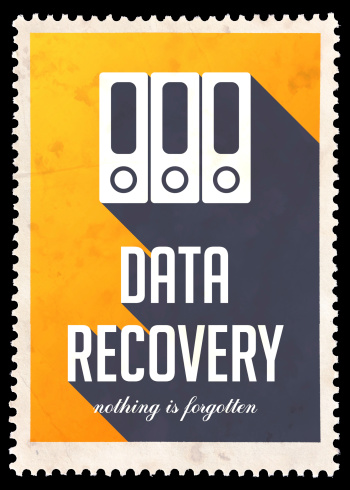-
Connect With Your Ottawa IT Service Company at (613) 828-1384
Connect With Your Ottawa IT Service Company at (613) 828-1384
 Manufacturing companies create and store extensive amounts of business-critical data, including sales documents, drawings, project documentation, accounting information, employee payrolls, and purchasing orders. It’s critical to ensure this data is backed up and recoverable in the event of a significant data loss.
Manufacturing companies create and store extensive amounts of business-critical data, including sales documents, drawings, project documentation, accounting information, employee payrolls, and purchasing orders. It’s critical to ensure this data is backed up and recoverable in the event of a significant data loss.
There’s a huge variety of potential ways to lose data, such as database corruption, hardware failures, employee mistakes, and even natural disasters. Do you have a data backup and disaster recovery plan in place? For manufacturing companies, data is the heart of the business. You must implement a data backup and disaster recovery plan to ensure data is protected at all times.
Data Backup
There are many types of data backup solutions available, however, the backup solution that’s best for your organization will depend on multiple factors:
In the manufacturing industry, it’s critical to find a reliable backup solution. In fact, a backup solution is meaningless without a reliable method of recovering data. Once you’ve chosen a reliable backup solution that meets your needs, make sure you’re performing routine tests to ensure data is restorable.
Disaster Recovery
What would happen if all of your equipment was inoperable? Most manufacturing companies would experience a significant loss in revenue and decreased customer confidence. In a manufacturing environment, a disaster recovery plan must include:
If a disaster occurs, a business continuity plan can help you recover and continue business operations in a timely manner.
To learn more about data backup and disaster recovery planning, give us a call at (613) 828-1384 or send us an email at info@fuellednetworks.com. Fuelled Networks can help you protect your business-critical data in the event of a disaster.